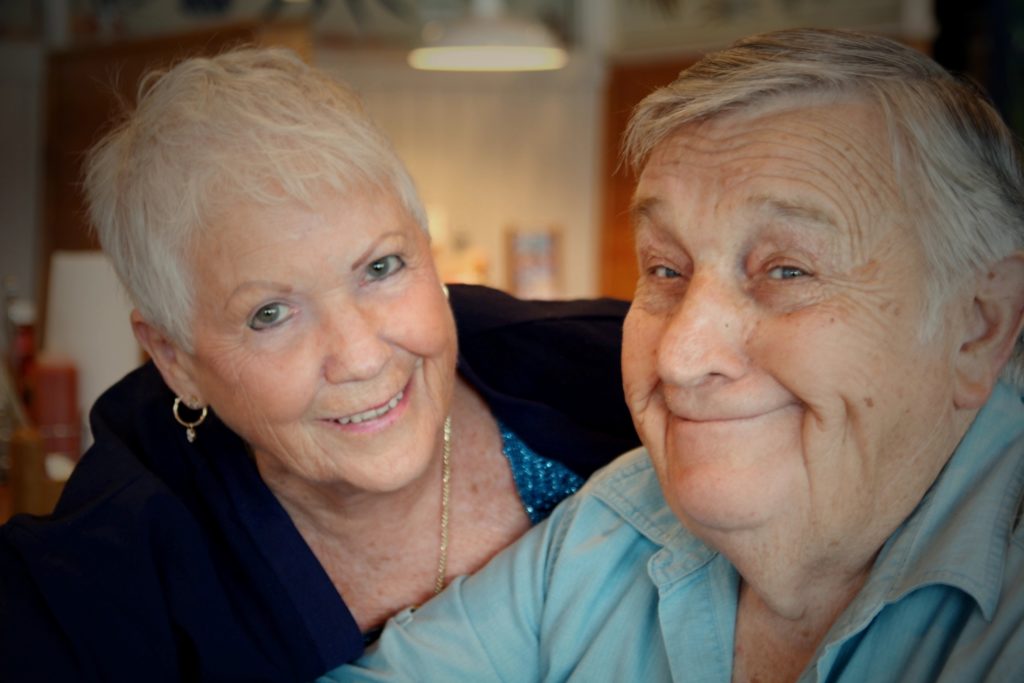Quick Hits
Daily brief research updates from the cognitive sciences

The good ‘ole days, eh! There is some evidence to suggest that we always view the past though rose-tinted glasses – feeling that the past was somehow better than the present. However, research just out has shown that that doesn’t seem to be the case.
Research by Alberto Prati, Claudia Senik for the Association of Psychological Science has shown that current feelings impact our view of the past. To do this they have assessed data from different longitudinal studies into how happy people feel over time. These include a German study over 10 years of 11’000+ participants, a British study over 12 years of 20’000+ participants, a French study of over 18’000 participants, and about 4’000 results from the USA over a period of 35 years.
What did they find?
What they found is that there seem to be some mix up between current ratings and change in happiness over time. This in contrast to the past is better hypotheses. This showed that those who felt happy now rate their past happiness as lower than it actually was. It seems that feeling happy now suggests an improvement or a contrast to the past and so the past must have been less good.
In contrast the opposite happened with those with current lower happiness – they rated their past happiness as higher than it actually was.
This shows that our past memories are influenced by our current states. Prati and Senik plan to further research how memories impact current life decisions – that will be interesting to see. I also wonder how this influences political climate!

Andy Habermacher
Andy is author of leading brains Review, Neuroleadership, and multiple other books. He has been intensively involved in writing and research into neuroleadership and is considered one of Europe’s leading experts. He is also a well-known public speaker, speaking on the brain and human behaviour.
Andy is also a masters athlete (middle distance running) and competes regularly at international competitions (and holds a few national records in his age category).
References
Alberto Prati, Claudia Senik.
Feeling Good Is Feeling Better.
Psychological Science, 2022; 33 (11): 1828
DOI: 10.1177/09567976221096158
More Quick Hits
Why Heat Makes Us Sleepy
Imagine if you are working and your stress levels are increasing, and then automatically soothing music is turned on to calm you down. Or alternatively if you are heading towards that after lunch dip of drowsiness and upbeat energetic music is turned on to energise you.
Tracking Mental States Through Your Skin – In Real Time
Imagine if you are working and your stress levels are increasing, and then automatically soothing music is turned on to calm you down. Or alternatively if you are heading towards that after lunch dip of drowsiness and upbeat energetic music is turned on to energise you.
Testosterone Promotes Cuddling
Quick HitsDaily brief research updates from the cognitive sciences es, you read the headline correctly. Testosterone considered the ultimate male hormone and often associated with aggression has had a bad rap. So, is all of this wrong? Well, the...
Online Learning Triggers Different Stress Responses
Quick HitsDaily brief research updates from the cognitive sciences ot so long ago all learning went online – out of necessity. There has been plenty pf research into differences in online learning and in-person learning but this study by Gellisch...
Use It Or Lose It – Mental Activity Reduces Dementia
Quick HitsDaily brief research updates from the cognitive sciences regularly write on which activities reduce risks of cognitive decline (just last week I reported on how your job can protect your mental abilites with age and also doing household...
Why Thinking Makes You Tired
Quick HitsDaily brief research updates from the cognitive sciences e all know that feeling of having engaged in hard cognitive, thinking, tasks, and feeling tired. If it goes on long enough, we may feel mentally fatigued, drained, or even...






